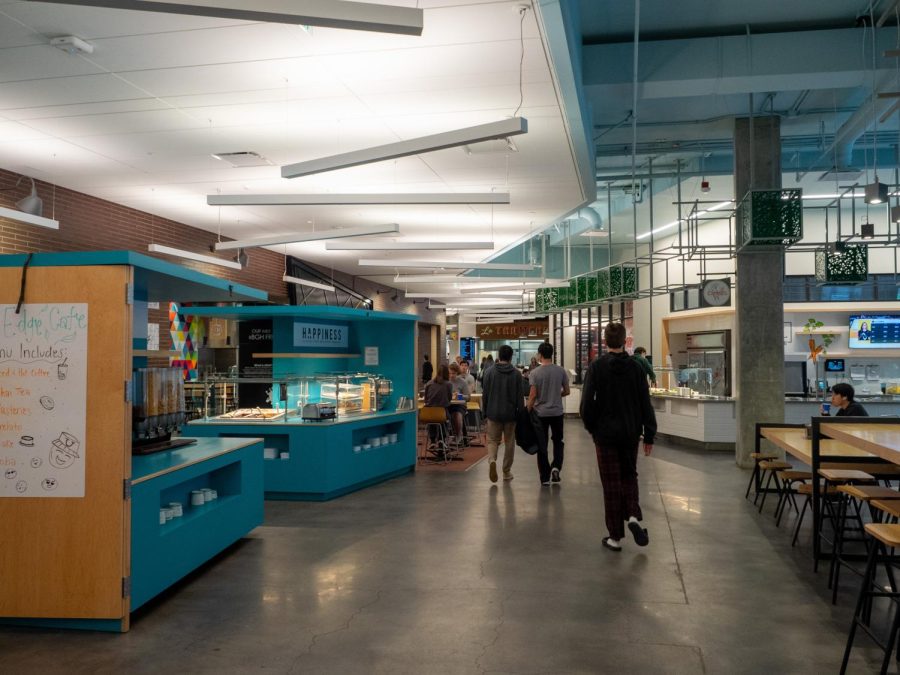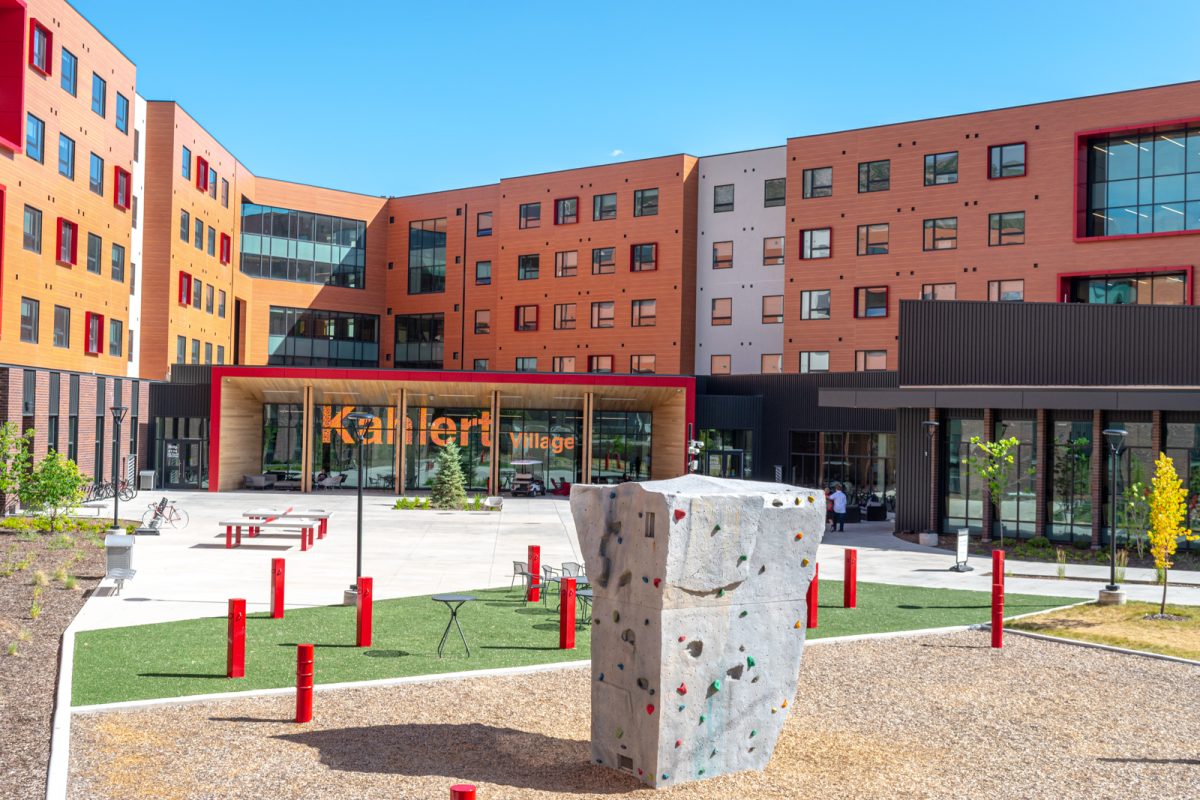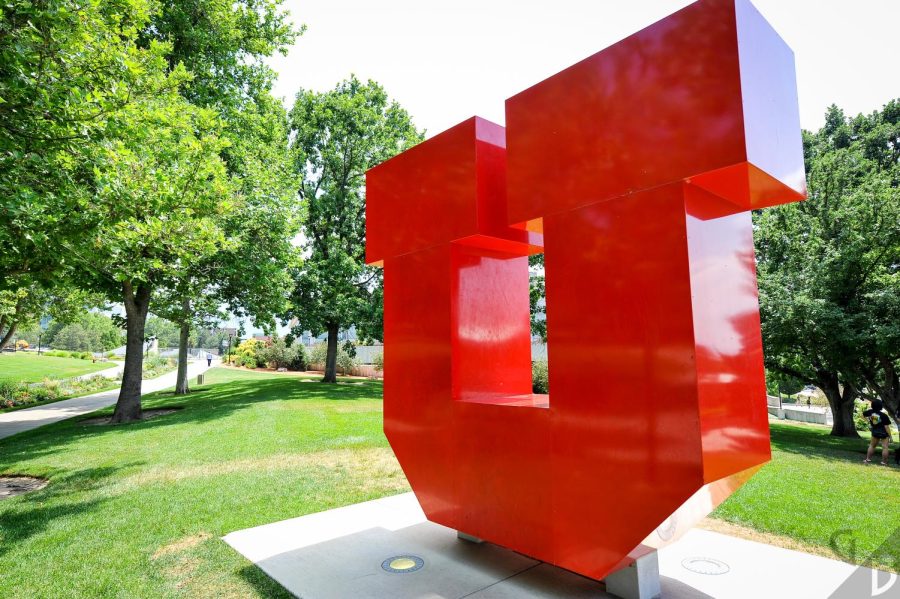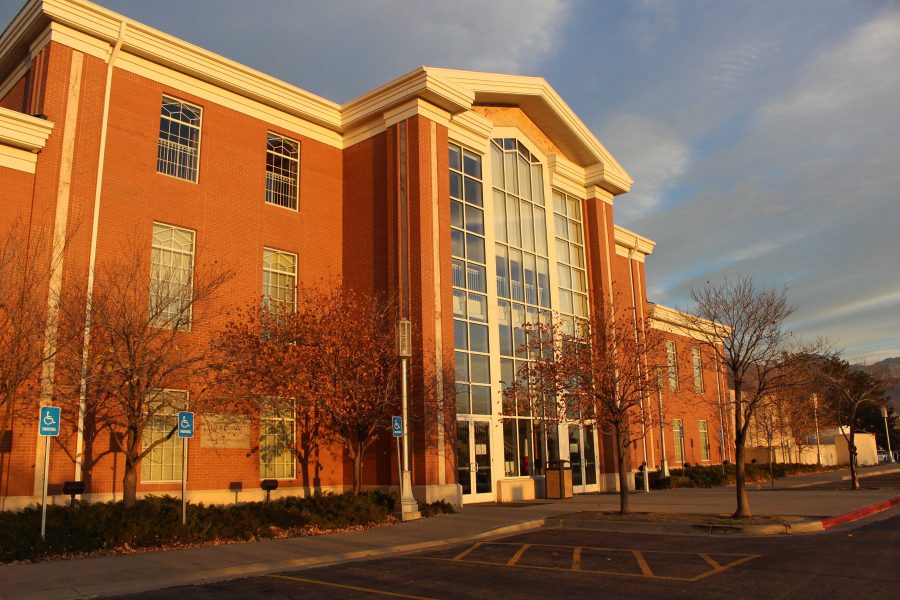Teach ’em Young: Combating Misinformation with Media Literacy
Librarian Dale Larsen working showing how to do research online at the J. Willard Marriott Library in Salt Lake City, UT on Wednesday May 23, 2018. (Photo by Curtis Lin | Daily Utah Chronicle)
April 14, 2020
The rise of the novel Coronavirus pandemic is a shining example of the dangers that can ensue from the widening exposure of misinformation proliferated through social media.
Multiple outlets can be seen writing stories about the number of cases and deaths around the virus. However, very little can be seen about the number of people who have recovered from the virus.
According to the New York Times, “there is so much inaccurate information about the virus, that the World Health Organization has said it was confronting an infodemic.” Misleading information on social media platforms such as Twitter, Facebook and Instagram can be harmful and can threaten marginalized and vulnerable populations within society.
“70% of people use Google searches near-daily or weekly. And a huge percentage of those people don’t know the difference between sponsored results and the other results that are merged. And this is an example of media literacy,” said Dr. Melissa Zimdars, an assistant professor of communication and social media at Merrimack College of Massachusetts.
In Zimdars’ words, media literacy in school focuses on “teaching students a process for critically evaluating and assessing media.”
Though with the current state of media and citizen literacy she had just one word:“whoa.”
She’s not alone in her sentiment. In 2019, the Pew Research Center ran a survey that discovered that of about 6,000 Americans that participated, 50% said misinformation in the news was more of a problem than terrorism, illegal immigration, racism and sexism. Of those 6,000, 68% said misinformation greatly affects their confidence in the government.
“I think this is partially because we broadly don’t teach students about media in school,” Zimdars said. “[Personally] I didn’t get any education on media until I was in college. And it was really eye-opening learning about how so many people, decisions and factors go into what’s in the media. So you’d think we’d put more into our media literacy.”
“There needs to be a more overt curriculum and even more core requirements in media literacy or intro to media courses in college,” Zimdars said.
Efforts to increase awareness about misinformation have never been stronger. Yet, the current digital media literacy curriculum in Utah does not include the topics of misinformation and disinformation on social media and how to identify, isolate and combat it when encountered.
This is beginning to change, however.
Within the University of Utah’s Honors College, there is a Praxis Lab focused on truth, deception and information disorder in the digital age and how these issues affect society today.
The Praxis Lab is pushing to improve digital media literacy through education campaigns aimed at both middle school and university students.
The first program targets middle school students by creating pre-planned lesson modules made available online through the Utah Education Network website, covering topics of misinformation on social media.
The second program is geared toward the U’s students with the goal to raise awareness of misinformation through a #ThinkB4UTweet campaign. Part of the campaign includes misinformation-themed challenges for cash prizes. They encourage all students to check out their page for more information on either of their instituted programs.
Editor’s note: Signs and symptoms of COVID-19 include fever, dry cough, tiredness and shortness of breath. These symptoms are believed to occur between two and 14 days after a person is exposed to the disease. If you have these symptoms and have recently come into contact with a person who is known to have COVID-19, or if you have recently traveled to an area with community spread of the disease, you should call your doctor. Areas with community spread of COVID-19 are believed to include China, South Korea, Italy, Iran and Seattle. If you do not have a doctor who you visit regularly, please call the Utah Coronavirus Information Line at 1-800-456-7707 or the University of Utah Health hotline at 801-587-0712. Do not go to a healthcare facility without first making arrangements to do so.












